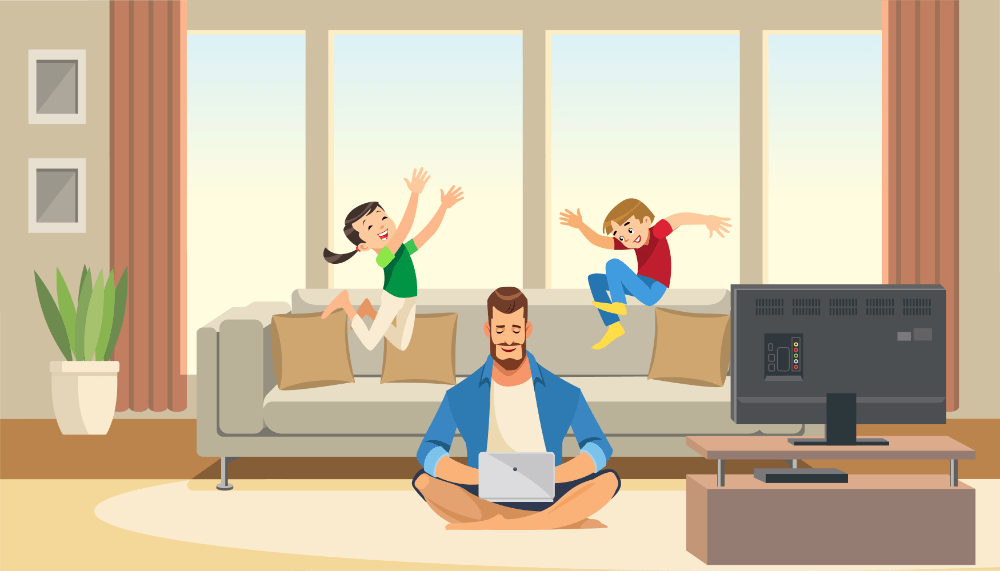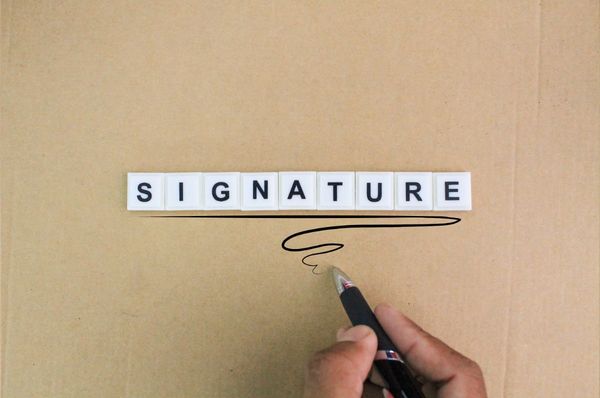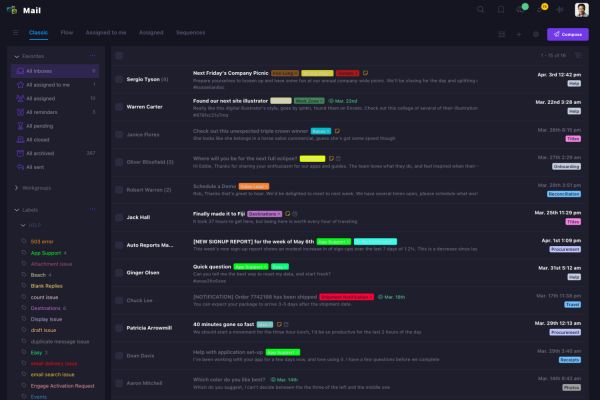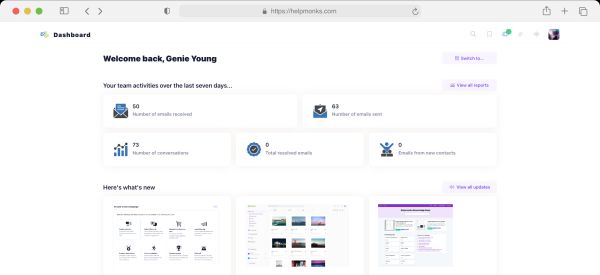
Introducing new pricing for Helpmonks
Discover Helpmonks' new pricing structure, featuring a flexible PRO plan, a FREE plan for smaller teams, and an exciting affiliate program. Experience unparalleled email management solutions today!
Read nowWorking from home may have been an office worker's dream just a few years ago. Today's reality is that many newly remote workers have found that the grass isn't so green and very much miss their time in the office.
Before the pandemic, we longed for the work from home days. It was a relaxing way to work concentratedly on tasks. However, with no commute and no separate working and living space, working from home feels much more monotonous, with no separation between our home and work lives.
Many customer service workers have been experiencing employee burnout due to their once-in-office jobs becoming remote. Employees that are burnt out may approach work as a repetitive chore for which they share much less enthusiasm. The isolated working space leaves them feeling overwhelmed while attending to their work tasks.
Forced to work remotely, we find that the daily hellos from your team members and silly office banter are things of the past. There are not so many groups that share jokes to laugh at. Nor exciting tales for our action-filled weekends to regale. Working from home can be quite isolating for many of us. More of us are experiencing employee burnout than ever before.
So what can be done about this? The best way to avoid burnout is to establish habits. Habits take a proactive approach and are suitable counter activities to your time working. Also, creating a schedule will set more structure for your day. Following a plan creates a more apparent separation of your activities, helping to disengage your mind from your workday once it ends.
Are you already experiencing burnout or show signs of burnout? Then these tips will work for you as well, and it may just take more energy to get them rolling. With a few positive changes to how you use your time, you may find that burnout is a non-issue for you.
Here are our seven best tips for avoiding remote work burnout.
That extra hour or so in the morning feels lovely for sleeping in. However, before you continue pushing your bedtime to a later hour, consider shifting your sleep hours. Hence, work is not the first event of your day.
When feeling burnt out, waking up and walking straight over to your computer to log in and begin working is only going to taint your day with your bad feelings towards work. Instead, choose to set a little more structure to your day and use your first hour or so for yourself.
You could read a book, slow down and write some letters, take a walk, check out Apple Fitness+ to get a little movement in before sitting behind your computer. The idea here is not to let the tasks of your workday fill your mind upon waking. Doing something you enjoy in the morning will bring a little brightness to your day.
As a personal exercise, some of our team members opted to establish the routine as mentioned above. They reported that they feel more ready for the day after reading their book or exercising for an hour each morning, before work.

Living and working in one location can blur the line between your home and work life. You no longer have that daily transition time of walking out the office door knowing you're done with work for the day. So what can you do to create a similar transition when you're home?
If you have the space, then choose one room and use it exclusively for work. When your workday ends, leave the room in a state ready for your next workday. If a whole room or exclusive section is not available for work, then clear off a space in a common area daily and configure your workspace at each start. Additionally, change into your work clothes. If you only wear a Zoom outfit for meetings, that's a pretty easy task to indicate your workday is starting.
Come to the end of the workday, reverse this process — return the workspace to its prework condition (you don't need to replace the breakfast crumbs to the kitchen table). Change into non-work clothes or even gym clothes.
You can make other environmental changes to signal that work is done for the day, such as changing the music or lighting or your family arriving home. After your workday ends, performing your daily tasks would create a natural transition from work life to home life.
Just some basic movement is one of the best ways to keep not only your body happy but your mind happy too. Us remote workers have been much more stagnant over the last eighteen months. Wear a Fitbit or Apple Watch and strive to move a little more each day. You'll feel good as you watch yourself progress each day by fitting a little more activity in.
Have a staircase at home, in your building, or nearby? Running or walking up and down a staircase several times is a fabulous quick break to add some movement to your day. Join a live-streamed yoga or Bootcamp class. If the pandemic's brought about anything good, it is that we have more opportunity than ever to get effective workouts from home, with the motivation of a present instructor.
Get up from your desk, walk around, go outside, grab the mail, clean some room or area, and wave to the neighbor. Step away and be reminded there's a whole other rich, colorful world out there, unaffected by the demands of your job. Escape into a video game, read The Onion for a laugh, and if possible, avoid reading the news.
Dispersing lightness throughout your day helps to ensure work tasks don't feel so burdensome and will improve customer communications automatically.
It seems what we miss the most during these remote work days is that office camaraderie, that feeling that we are part of a larger group working towards the same goals. It does take a little more effort to socialize from home, but socializing can still be achieved. You could get the party started by hosting a virtual happy hour to unwind and live chat with your co-workers. Another option would be to schedule online gaming to engage in light and fun outside of work.
With the extra time we have these days, it may be an excellent time to start that hobby you've been putting off too. Join a Facebook Group or look for a local meetup group at Meetup.com to learn from those with the same interests. Although socializing from home may not feel as fulfilling as being out and about with others, it can provide meaningful interactions and laughs. Plus, being home while socializing has its perks.

All jobs have their more mentally demanding tasks, but customer service roles can often be emotionally draining no matter how large your customer service team is. Just read the latest news headlines on customer experiences and agent burnout.
You can see that society is more short-tempered than ever lately (so much so some airlines are banning alcohol). Customer support agents are unfortunately often on the receiving end of many of these short-tempers (unsurprisingly, contact centers have the highest turnover rate due to customer service burnout). Unavoidably being brought into someone's unwarranted tirade can be pretty exhausting.
So what can you do in these cases? First, remember you are not your job, and there's no reason for you to take your angry customer's tirades personally. Be patient, and react slowly, thoughtfully, and kindly. Most lost tempers are quickly found again when they run out of steam. While it's happening, take deep breaths and imagine whoever the person throwing the temper tantrum is probably having a much worse day than you. If not them, then the people who are around them certainly are. When they've calmed enough to let you respond, stay friendly and patient by imagining you're speaking with a toddler. Besides, if you are a problem-solving-oriented agent you will create a satisfied customer, no matter what.
When the interaction ends, be happy it's over and then drop it from your mind — dwelling on the exchange will only drag you down more than the interaction itself. There's no need to get worked up because of other's problems and their inability to communicate them constructively. Otherwise, an already lingering agent burnout will evolve to a full-blown customer service burnout with long-term consequences that will take months, if not years, to recover from.
While experiencing burnout, it may feel like you've lost your ability to do your job effectively. It can rock your confidence in yourself. Please know this is not the case. Burnout is just a period where, if you look more closely, you'll see you're very judgmental of yourself and how you do your work. That repetitive mental judging of your situation and work during a burnout is what is in the way of you doing your job as effectively, not some defect in you.
During burnout, remember that you have not lost your ability to work effectively. You've only clouded it over with the constant worry and frustration that service burnout brings. So please be easy on yourself. Just lightening your expectations will ease the feeling of burnout immediately.
To experience burnout feels like a heavy position to be in. One that can make you feel stuck in your career, remember that this is not for the long term and that it will pass, and your enthusiasm for work can and will return.

Discover Helpmonks' new pricing structure, featuring a flexible PRO plan, a FREE plan for smaller teams, and an exciting affiliate program. Experience unparalleled email management solutions today!
Read now
Dynamic email signatures increase brand visibility, build brand identity, and boost conversions. Learn how to create and update dynamic email signatures.
Read now
Looking for an email marketing automation software? This guide shows what to look for. We'll also review the best tools for your online marketing needs.
Read now
Using customer engagement solutions helps you keep your existing customer base and grow. Here are the top 10 customer engagement solutions for your business.
Read now
Empower your team and delight your customers.
